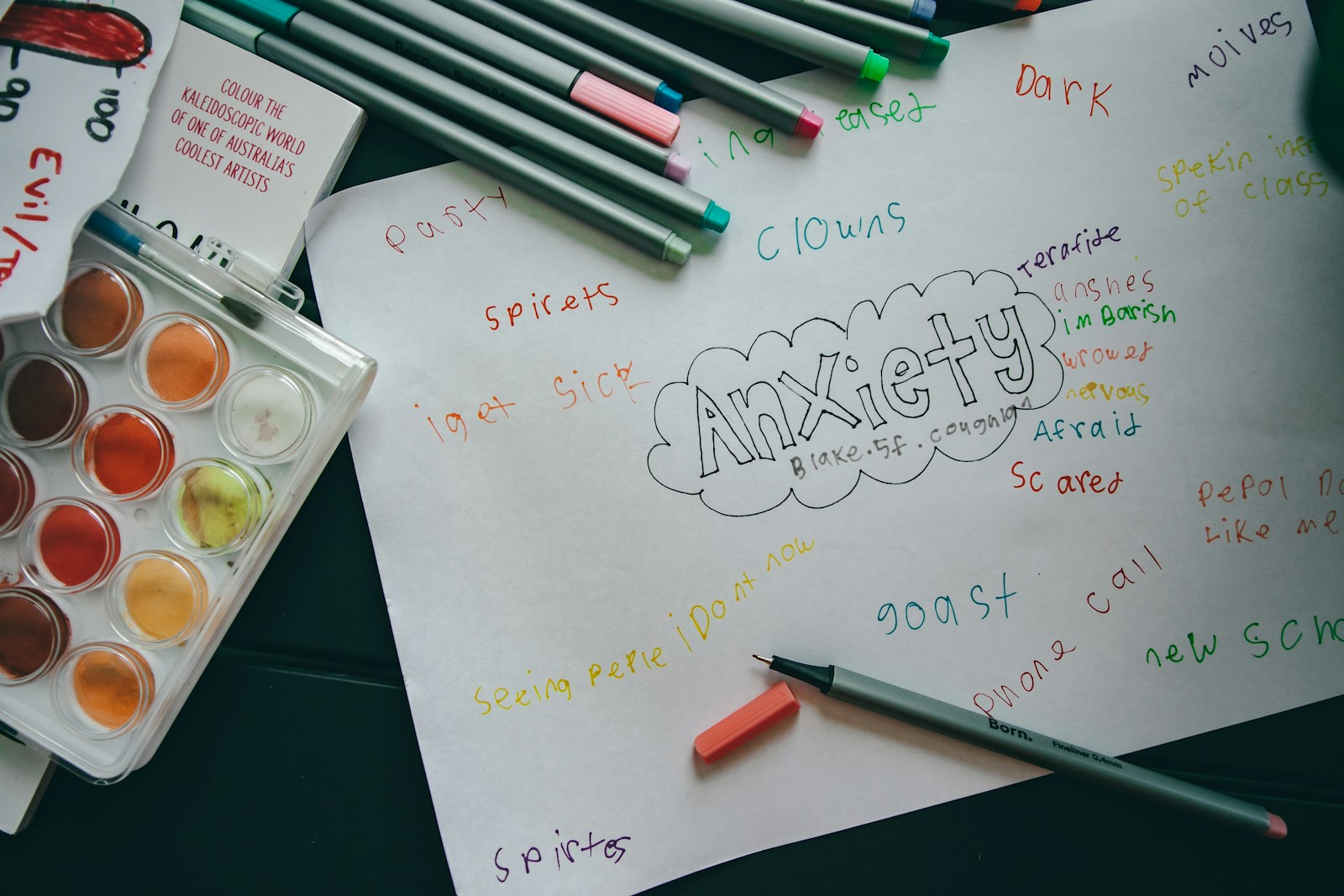
ataque de ansiedad

Anxiety attack
The Spanish term 'ataque de ansiedad' translates to 'anxiety attack' in English. This term refers to a sudden episode of intense fear or anxiety and physical symptoms, based on a perceived threat rather than an actual danger. Symptoms can involve a sense of impending doom, shortness of breath, heart palpitations, sweating, dry mouth, and nausea. This is a medical condition that can intensely affect the person’s life if not properly managed or treated.
Example sentences using: ataque de ansiedad
Durante un ataque de ansiedad, es importante recordar respirar profundamente.

During an anxiety attack, it's important to remember to breathe deeply.
This sentence demonstrates the use of 'ataque de ansiedad' within the context of giving advice. The verb 'recordar' means 'to remember', which is typically used with infinitive verbs in Spanish, in this case 'respirar' which means to breathe.
Mi mejor amigo tuvo su primer ataque de ansiedad en la universidad.

My best friend had his first anxiety attack at university.
In this example, 'ataque de ansiedad' is used to describe a life event, an anxiety attack. This sentence also introduces the past tense ('tuvo', which means 'had'), and a possesive phrase ('mi mejor amigo', meaning 'my best friend').
El médico dijo que los ataques de ansiedad pueden ser muy debilitantes.

The doctor said that anxiety attacks can be very debilitating.
Here, 'ataque de ansiedad' is used in plural form ('ataques de ansiedad') within a context of a professional opinion on a medical matter. The word 'debilitantes' shows how adjectives ('debilitating') can be applied to this term.